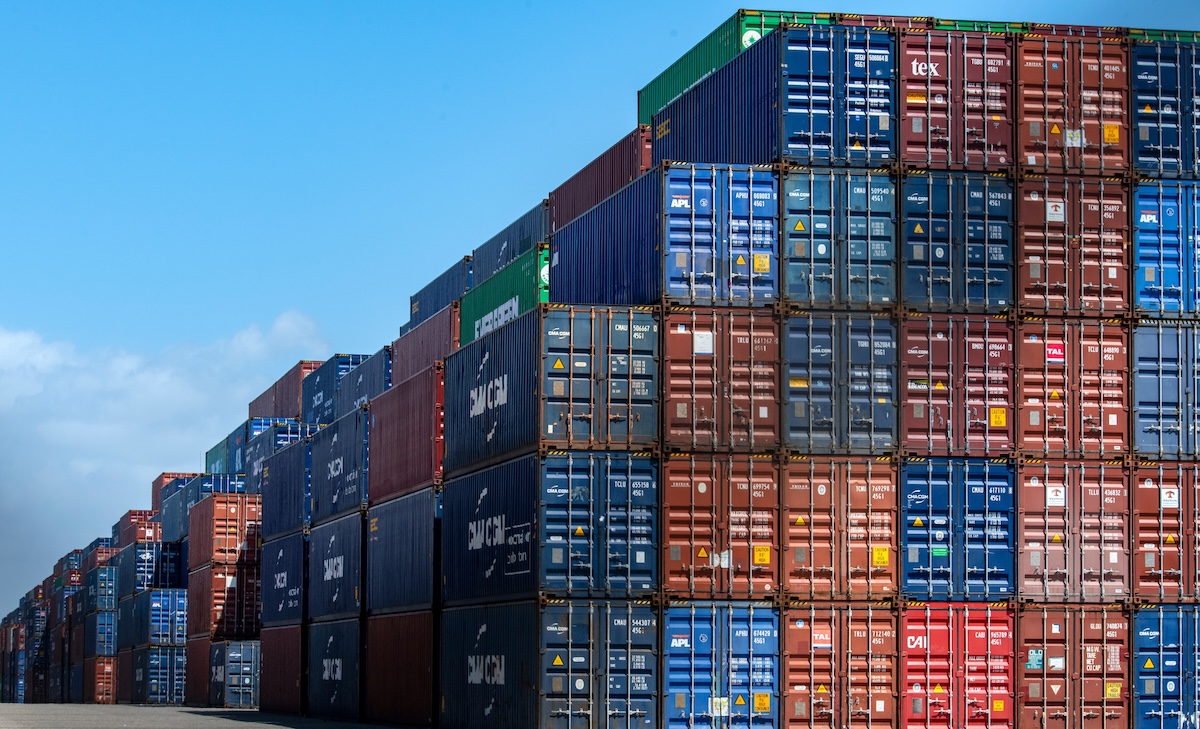
The 90-day tariff truce has been billed as a step toward restoring trade ties. But Bloomberg economist Anna Wong says the timing may have a simpler explanation: keeping store shelves stocked for the holiday season.
Wong said the two countries essentially agreed to “avoid the worst-case scenario” of a trade embargo during peak shipping months. That’s a deal she described as being made to “save Christmas.”
Although the holidays are six months away, major U.S. retailers begin importing toys, electronics, and other high-demand goods well in advance.
Roughly one-fifth of annual sales occur during the holiday season, according to the National Retail Federation (NRF).
Retailers understand the stakes. Since at least 2004, holiday sales have increased every year — including during downturns — as Americans prioritize Christmas spending even in a pinch.
That's why big-box stores like Walmart (WMT), Target (TGT), and The Home Depot (HD) lobbied the Trump administration in late April, warning of widespread product shortages and inflation if tariffs weren’t eased.
As Investors Observer reported, their push likely played a key role in softening the White House’s trade stance.
Shipping volumes surge, but consumers aren’t off the hook
Since the tariff truce was announced on May 11, shipping activity has surged.
German logistics firm Hapag-Lloyd reported a 50% spike in container volume, with demand expected to remain elevated for the next two to three months.
Judah Levine, head of research at Freightos, said the reduced tariff levels “should see a restart of shippers pulling forward demand to beat a possible August tariff hike.”
Bruce Kaminstein of NY Angels Investment Group added that logistics companies expect shipping to remain frontloaded through the summer as businesses hedge Trump unpredictable policy.
But the rush to restock won’t prevent higher prices. Retailers are paying more for faster delivery, which will eventually get passed on to American shoppers.
Walmart has already warned that price hikes are coming by the end of May. As Investors Observer recently reported, the company is expecting continued upward pressure on prices through the summer.
“If Walmart is doing it, everybody else is probably going to be doing it,” said UBS economist Alan Detmeister.
Your email address will not be published. Required fields are markedmarked